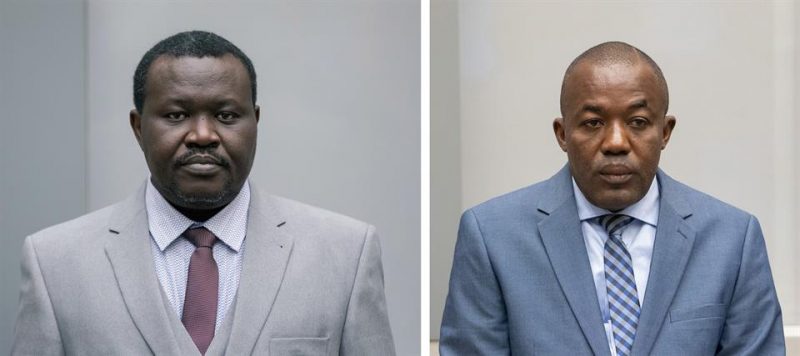By: Andrew Kramer
Impunity Watch Staff Writer
THE HAGUE, The Netherlands – On March 16, 2020, the Presidency of the International Criminal Court (“ICC”), the administrative organ of the ICC, issued a decision constituting Trial Chamber V. This decision referred the case of The Prosecutor v. Alfred Yekatom and Patrice Edouard Ngaïssona to Trial Chamber V. The Presidency appointed Judge Bertram Schmitt, Judge Péter Kovács, and Judge Chang-ho Chung to oversee the trial.

This decision follows a relatively short pre-trial phase in which two separate cases were brought before Pre-Trial Chamber II on November 23, 2018 (Yekatom), and January 25, 2019 (Ngaïssona). On February 23, 2019, Pre-Trial Chamber II joined the cases in order to enhance the fairness and expeditiousness of proceedings, reduce the duplication of evidence, and eliminate inconsistency in presentation. It is not uncommon for the pre-trial phase of some cases to last several years.
On December 11, 2019, Pre-Trial Chamber II partially confirmed the charges of war crimes and crimes against humanity brought against Yekatom and Ngaïssona. The two militia leaders from the Central African Republic (“CAR”) are accused of being involved in a widespread attack on the Muslim civilian population of the country between September 2013 and December 2014. Among other crimes, Yekatom and Ngaïssona are specifically accused of murder, rape, intentionally directing an attack against a building dedicated to religion, forcible transfer of population and displacement of the civilian population, severe deprivation of physical liberty, cruel treatment, and torture.
This case has presented unique challenges for the ICC. In a previous pre-trial appeal, The Prosecutor requested additional time to gather witnesses because this case is larger than most that the ICC has previously handled. Larger cases tend to require more witnesses, which in turn requires more protective measures, and more information to review. However, as the Court noted, the security situation in the CAR is particularly unreliable, and the issue of witness protection has influenced the process of gathering evidence. For example, the Court has conditioned the authorization of arrest warrants on whether witnesses could be adequately protected.
Moving forward, Trial Chamber V will hold status conferences, confer with the parties and participants, set the trial date, and determine the procedures necessary to facilitate fair and expeditious proceedings. At trial, the Prosecution must prove the guilt of the accused beyond a reasonable doubt. There is no separate jury in the ICC; the three judges issue a verdict, and if guilty, a sentence.
For further information, please see: